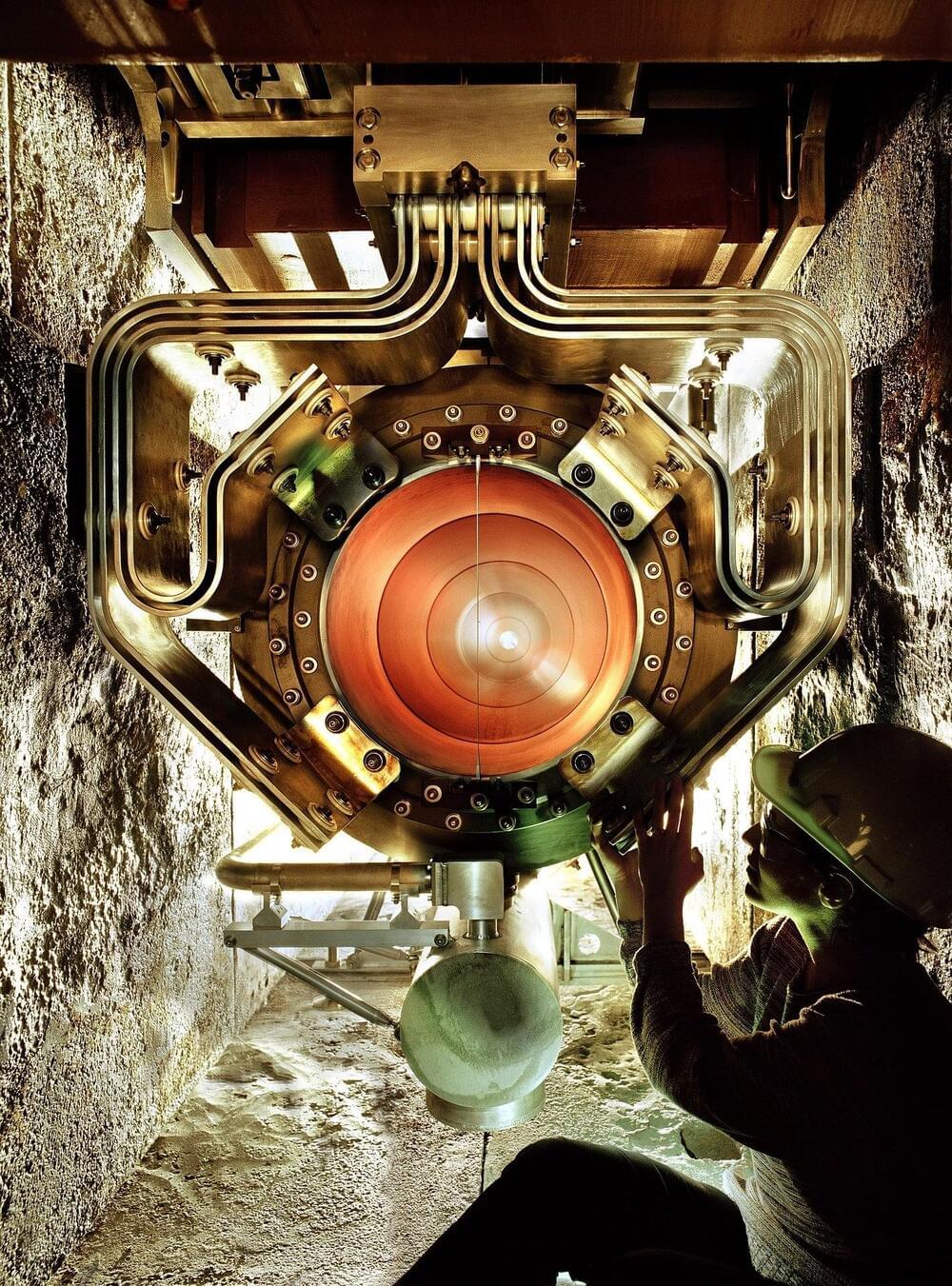A group of researchers working with data from the Borexino detector at the Laboratori Nazionali del Gran Sasso in Italy, has shown that it is possible to measure solar neutrinos with both directional and energy sensitivity. Two teams within the group have written papers describing the work by the group—one of them has published their work in Physical Review D, the other in Physical Review Letters.
The Borexino detector was first proposed back in 1986 and its structure was completed in 2004. In May of 2007, it began providing researchers with data. Its purpose has been to measure neutrino fluxes in proton-proton chains. The detector, which is currently being dismantled, was made using 280 metric tons of radio-pure liquid scintillator which was shielded by a layer of water. Detections were made as solar neutrinos scattered off electrons in the scintillator—the light that was emitted was picked up by sensors lining the tank.
For most of its existence, data from the Borexino detector was an excellent source of high-resolution sensitivity data down to low energy thresholds, but it offered little in the way of directional trajectories. In this new effort, the researchers found a way to use the data from the detector with data from another detector to provide trajectory information.
